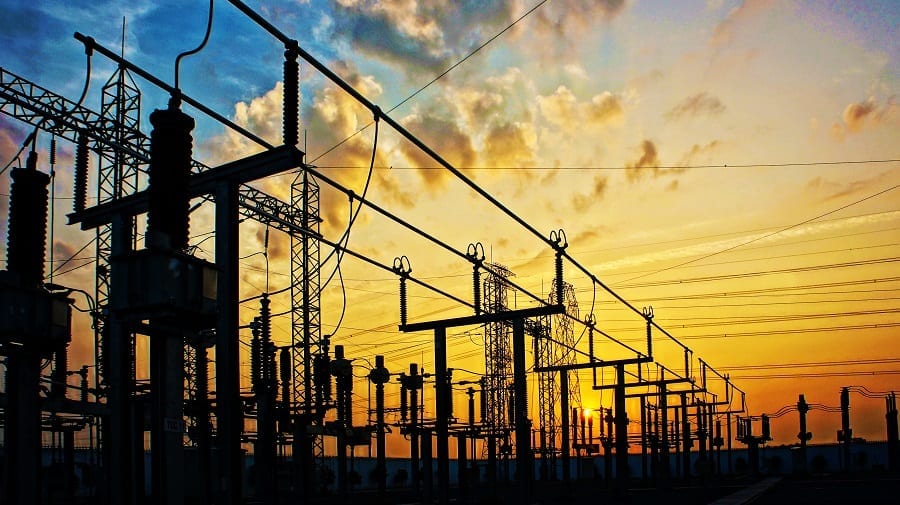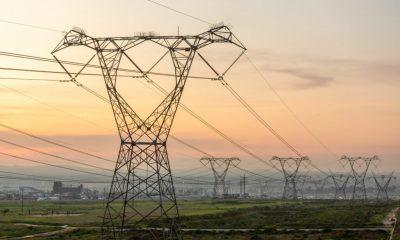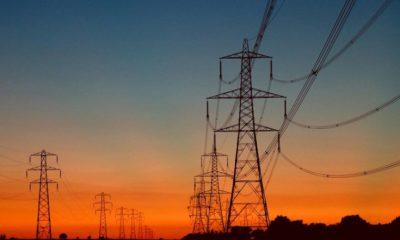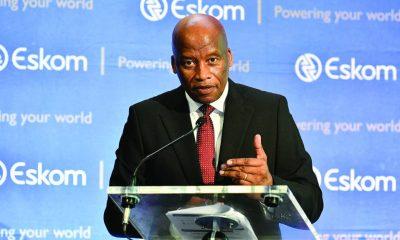Business
South Africa’s Energy Revolution: Private Solar Power Deal Shakes Up Eskom’s Monopoly

For decades, Eskom has held a near-monopoly over South Africa’s electricity supply. But now, a groundbreaking solar project is set to change the game—selling power directly to businesses through a private trader, bypassing Eskom entirely.
A Landmark Solar Deal
Renewable energy developer Mulilo, in partnership with H1 Capital, has reached financial close on a 105MW solar farm near De Aar in the Northern Cape. The project, expected to generate 248GWh annually, will connect to the Kestrel Main Transmission Substation and sell electricity through Etana Energy—one of the first private traders licensed by Nersa.
This marks a major shift in South Africa’s energy landscape, moving away from Eskom’s centralized control toward a more competitive, decentralized market.
How Private Trading Benefits Businesses
Currently, independent power producers (IPPs) sell electricity either to Eskom or a single large buyer (like a mine or factory). But this new model allows smaller businesses to access cheaper, cleaner energy without needing massive demand.
- Lower tariffs: Solar power is cheaper at scale, and private trading spreads costs.
- Reduced Eskom reliance: Companies can blend private and grid power to cut costs.
- Greener energy: More businesses can reduce their carbon footprint.
Mulilo CEO Jan Fourie compared the model to unit trusts, democratizing access to affordable electricity. “We’re pioneering a more dynamic energy market,” he said.
Eskom’s Resistance to Change
Eskom isn’t giving up without a fight. The utility has challenged Nersa in court, arguing that private traders infringe on its distribution rights.
- Eskom’s claim: Private trading violates “area of supply” agreements.
- Nersa’s stance: Traders don’t own infrastructure, so they shouldn’t be restricted.
Energy experts like Chris Yelland (OUTA) accuse Eskom of “anti-competitive behavior”, while Prof. Anton Eberhard calls it “malicious compliance”—pretending to support reform while resisting change.
What This Means for South Africa’s Energy Future
This solar deal is just the beginning. Key developments include:
More private traders entering the market (Nersa has licensed several).
An independent grid operator (National Transmission Company) to enable wheeling.
Potential for wind and battery storage integration in future deals.
As Eskom struggles with debt and inefficiency, private energy trading could finally break its stranglehold—leading to lower prices, better reliability, and a greener grid.
{Source MyBroadBand}
Follow Joburg ETC on Facebook, Twitter , TikTok and Instagram
For more News in Johannesburg, visit joburgetc.com



























